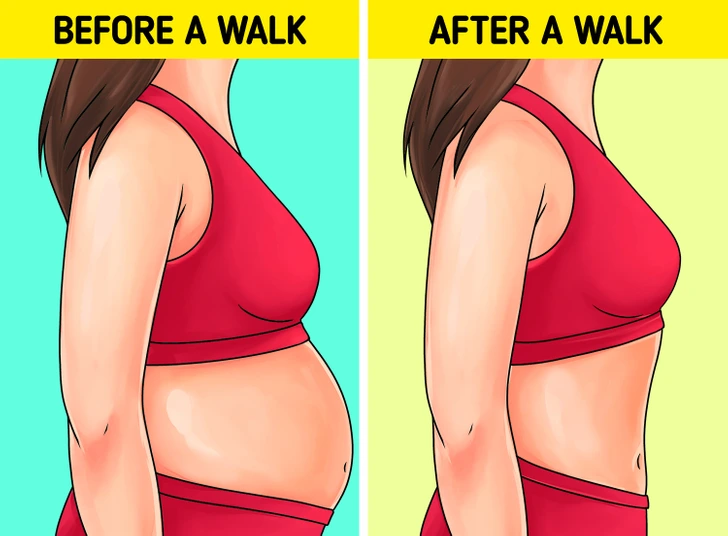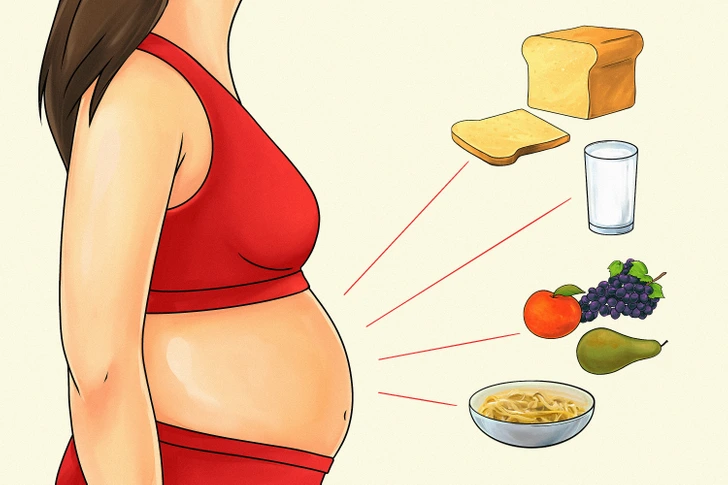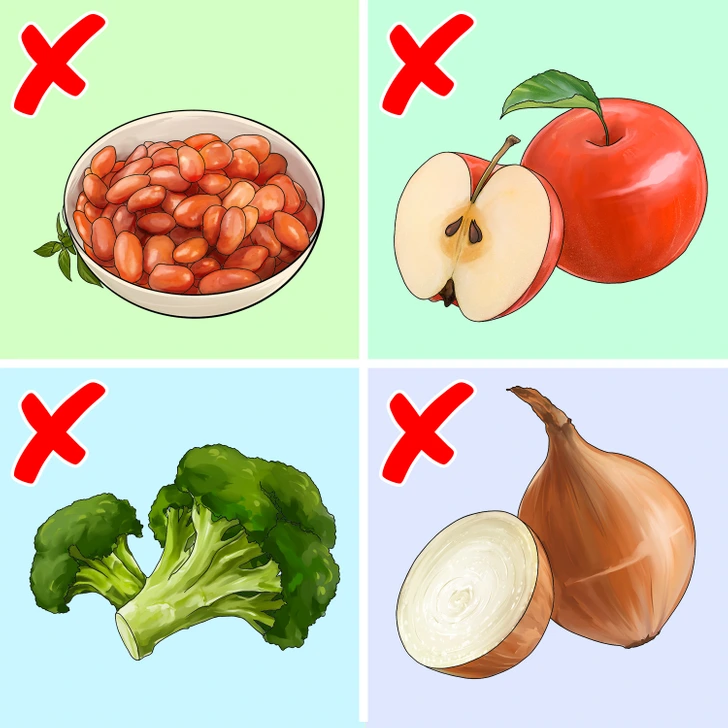Excessive gas formation and bloating in the stomach is a common problem that causes abdominal discomfort and bloating. To solve this problem and prevent it from happening again, we have listed 8 useful tips in this article.
It is essential to identify the underlying cause of swelling before attempting any self-treatment and to be aware of the potential risks associated with chronic or serious medical conditions. Remember to seek the guidance of a medical professional before making any changes to your treatment plan.
1. Benefit your digestion by taking a walk

- Practicing regular physical activity can improve bowel movements and help release gas, preventing constipation and reducing bloating. Even a short walk can be beneficial in promoting digestive comfort and relieving abdominal discomfort.
- Regular physical activity should be incorporated into daily routines to prevent constipation and bloating problems from occurring. By making exercise a habit, you can maintain healthy bowel movements and reduce the likelihood of experiencing discomfort associated with bloating.
2. Performing abdominal self-massage

- A self-massage technique that can relieve swelling is to place your hand on your right hip bone and gently move it clockwise toward your rib cage. Make sure to cover your upper and lower abdomen with this movement and repeat for a few minutes. This technique can help alleviate discomfort associated with swelling.
- If you experience any pain or discomfort during self-massage for swelling, it is important to stop the massage immediately. It is also recommended to consult a healthcare professional if discomfort persists or worsens.
3. Identifying food allergies

- If you suspect that certain foods or ingredients are causing bloating, it is essential to consult a healthcare professional to identify possible intolerances or digestive issues. Many people are intolerant to common ingredients such as lactose, gluten, wheat and fructose, and consuming these foods can cause negative reactions in their bodies.
4. Avoiding food that cause gas formation

- If you experience bloating after eating certain foods, such as beans, cruciferous vegetables, lentils, onions, and apples, it may help to limit your intake of these foods.
- Keeping a food diary is a useful tool for monitoring your body’s response to different foods and identifying any patterns or triggers that may cause bloating or digestive discomfort.
5. Reducing your salt intake

- Excessive salt consumption can cause the body to retain water, causing a feeling of bloating. It is important to pay close attention to food labels, especially when purchasing processed foods, as they often contain large amounts of salt. Limiting your salt intake can help relieve bloating and promote better overall health.
- It’s best to consume no more than 500 mg of sodium per serving to reduce your risk of bloating and other health problems.




